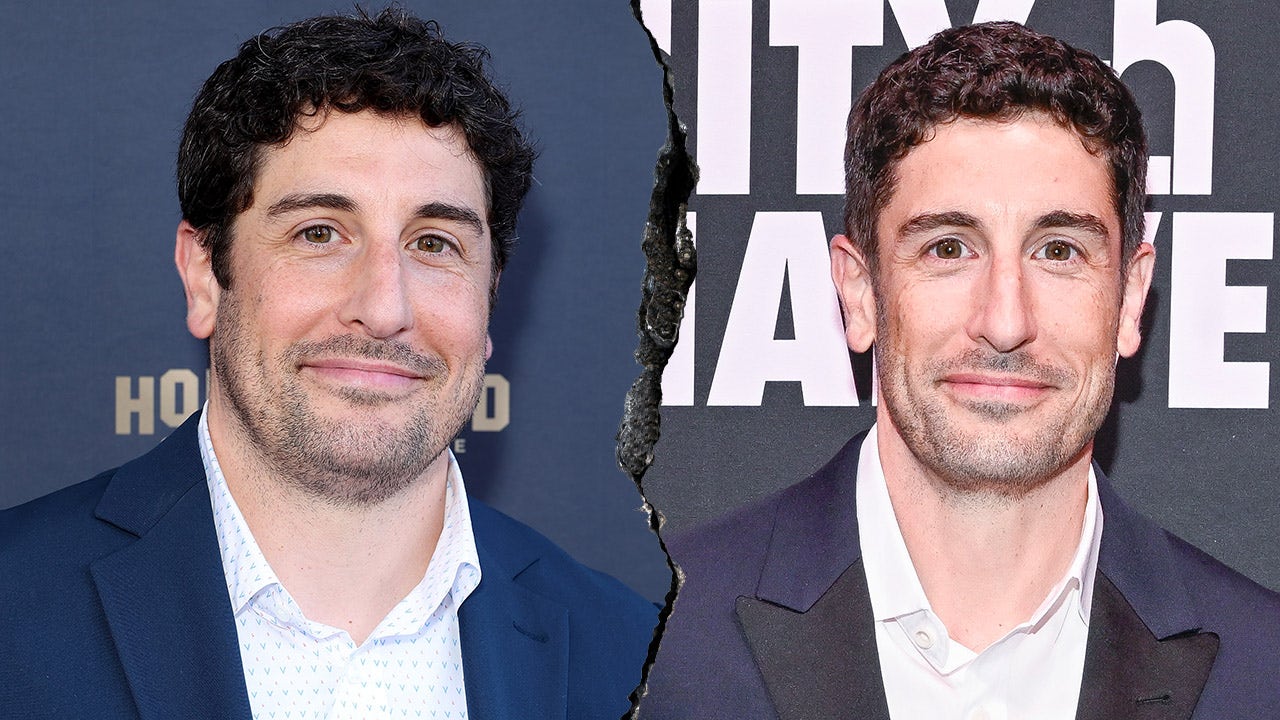Kennedy to Target Artificial Food Dyes: A Potential Game-Changer for Public Health?

Robert F. Kennedy Jr., a prominent voice in the health and wellness space, is poised to make a significant announcement regarding artificial food dyes. The news has already generated considerable buzz, fueled by Kennedy's long-standing criticisms of the food and pharmaceutical industries and his assertions that they contribute significantly to the rise of chronic diseases in the United States. This potential ban, if implemented, could dramatically reshape the food landscape and impact consumer choices.
Kennedy's vocal opposition to “Big Food” and “Big Pharma” is well-documented. He's consistently argued that these powerful entities prioritize profits over public health, resulting in a widespread “chronic disease epidemic.” His concerns center around ingredients and practices that he believes are detrimental to overall well-being. Artificial food dyes, known for their vibrant colors in processed foods and beverages, have consistently been a focal point of his critique.
The Science Behind the Concerns
The concerns surrounding artificial food dyes aren't solely based on Kennedy's opinions. A growing body of research suggests potential links between these dyes and adverse health effects, particularly in children. Some studies have linked certain dyes, like Red 40 and Yellow 5, to hyperactivity, behavioral problems, and even allergic reactions. While regulatory bodies like the FDA maintain that these dyes are safe at currently approved levels, the debate continues, and many consumers are increasingly seeking alternatives.
What a Ban Could Look Like
The specifics of Kennedy's proposed ban remain to be seen. It could range from a complete prohibition of all artificial food dyes to stricter regulations regarding their use and labeling. A complete ban would be a monumental shift, requiring significant adjustments for food manufacturers and potentially leading to increased costs for consumers. However, it could also spur innovation in the food industry, encouraging the development and adoption of natural, healthier coloring alternatives. We can anticipate potential impacts on popular products like candies, cereals, sodas, and processed snacks.
Broader Implications for Public Health
Regardless of the final form, Kennedy’s actions highlight a crucial conversation about the role of food additives in public health. This announcement could galvanize consumer demand for cleaner, more natural food options and put further pressure on regulatory agencies to re-evaluate the safety of artificial ingredients. It’s likely to spark debate among industry stakeholders, health professionals, and policymakers alike. The potential ramifications extend beyond just the dyes themselves, potentially influencing broader discussions about food labeling, transparency, and the overall responsibility of the food industry to prioritize consumer well-being.
The Road Ahead
Kennedy's announcement marks a pivotal moment in the ongoing dialogue about food safety and public health. Whether his efforts will result in a widespread ban or more targeted regulations remains to be seen. However, one thing is clear: the spotlight is now firmly on artificial food dyes, and the conversation surrounding their impact on our health is only just beginning. Keep an eye on this developing story for further updates and analysis.






